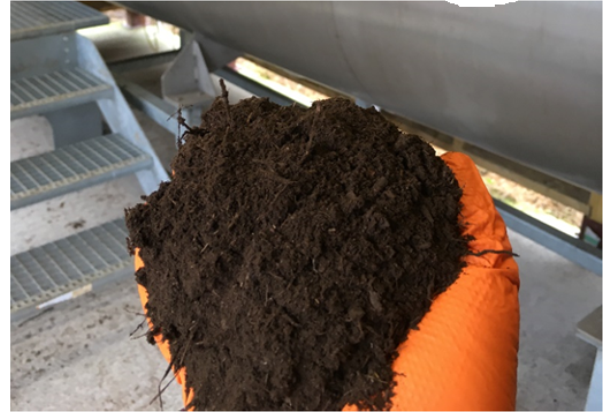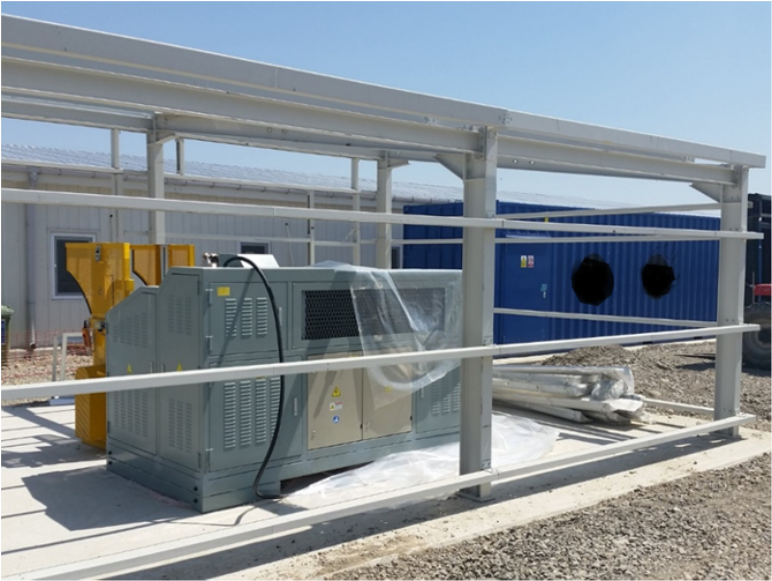Providing best industry practice and available technology – to sustainably dispose of excess organic matter, reduce emissions, and reduce landfill or dumpsite disposal of food waste which might eventually pollute the groundwater. There is also a thermal energy recovery process from the food waste – up to 20 tons of plant biomass can be produced per day. The dried food has a high calorific value – the heat generated during combustion is used to dry food, and excess heat can be used to heat water on site.



